America’s Top 10 Halal Restaurants
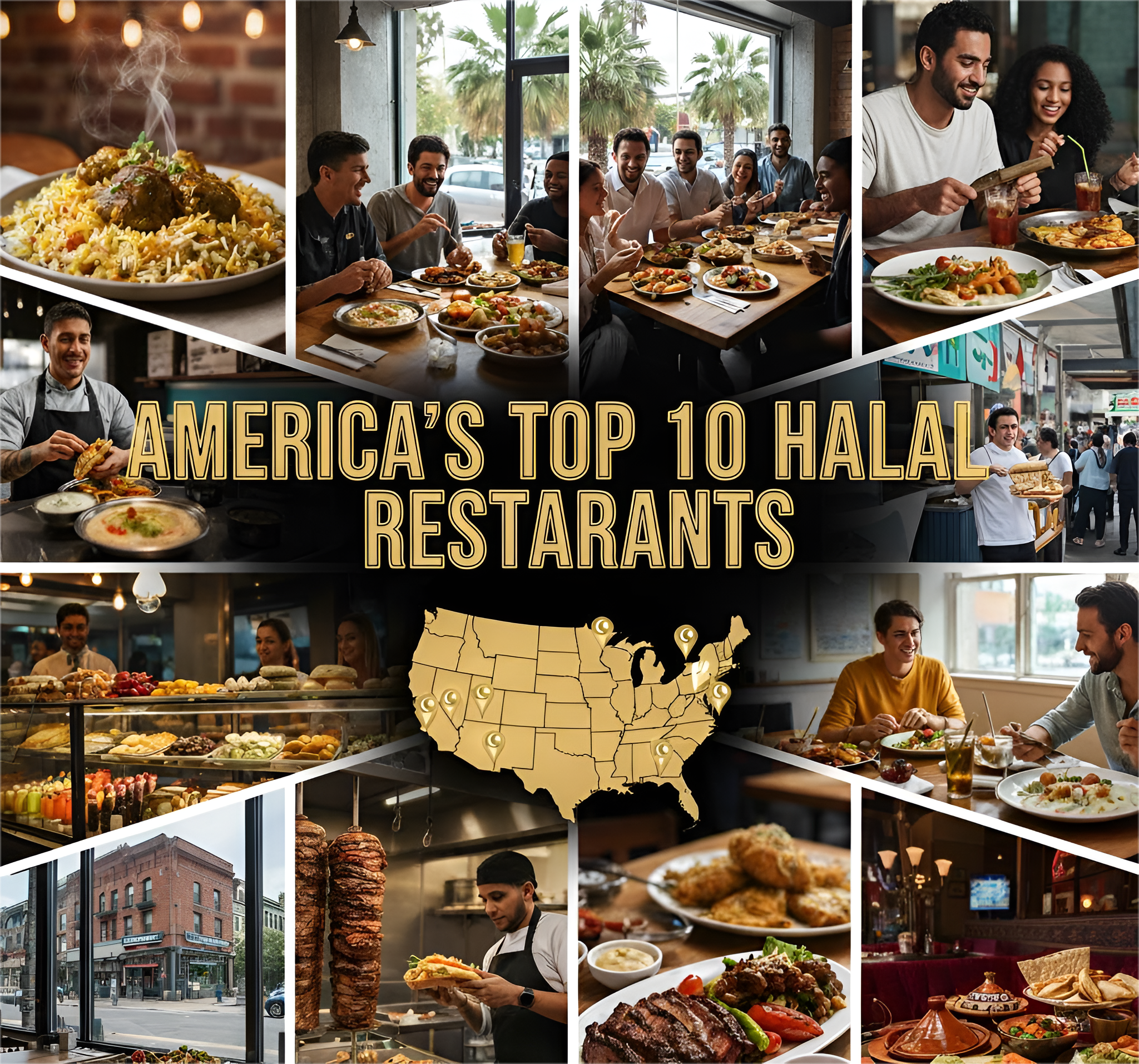
Beyond the Cart: A Coast-to-Coast Guide to America’s Top 10 Halal Restaurants
For years, the phrase “halal food” in America brought to mind a very distinct image: a shiny, post-midnight cart on a busy city street corner, peddling trays of chicken and lamb over rice, smothered in white and red sauce. And yet even those carts are just the first chapter in a much richer, more complicated, and vastly tastier tale. Now, the halal restaurant scene in the United States is experiencing its own renaissance, flowering from a niche market of exigency into a vibrant and creative force within the world of gastronomy.
The term halal is an Arabic word that is defined as “permissible” or “lawful” according to the Quran. In food, it defines a code of dietary laws for Muslims, most significantly the ban on pork and alcohol, and the stipulation that meat is derived from an animal that was slaughtered in a particular, humane method called Zabiha. For the approximately 3.5 million Muslims in America, sourcing food that meets these tenets has become more than a challenge, but a celebration of culture, community, and culinary success.
This transformation is sparked by a new crop of chefs, restaurateurs, and foodies who are not satisfied with simply being “the halal option.” They are James Beard Award winners, pitmasters pushing regional traditions, and culinary artists who blend the flavors of their heritage with the multicultural palate of contemporary America. They are making room where a meal is not merely sustenance, but an experience that is both inherently halal and broadly appealing.
Creating a “Top 10” list for a nation as large and varied as the United States is a titanic undertaking. Our standards thus go beyond personal taste. We looked for restaurants that are excellent and genuine in quality but also capture the geographic and gastronomic variety of the American halal scene. We searched for pioneers, innovators, pillars of the community, and those who have taken halal cuisine to a level of high art. From a legendary Texas BBQ pit to an award-winning Lebanese institution, is our tour of the ten best halal restaurants in America.
1. Al-Ameer Restaurant – Dearborn, Michigan
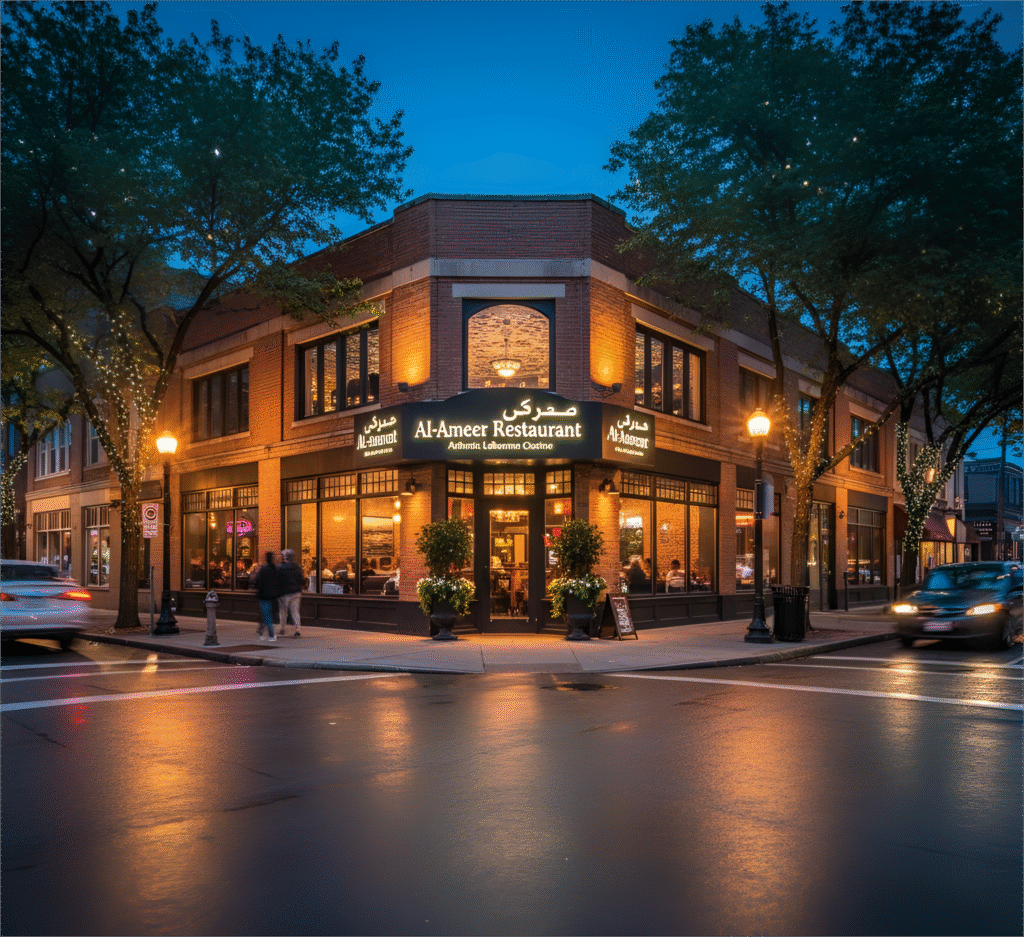
Cuisine: Lebanese
Deep in the midst of Dearborn, a city boasting one of the highest concentrations of Arab-Americans in the nation, stands a restaurant that is not only a hometown staple but a national landmark. Al-Ameer is not only a restaurant; it’s an institution. In 2016, it did something truly special, as it became one of the first Middle Eastern restaurants in the state to be awarded the esteemed James Beard America’s Classics Award, which is an award given to restaurants that have enduring appeal and good food with a consistency that expresses the essence of their community.
Stepping into Al-Ameer is like entering a vibrant dining room in Beirut. The atmosphere is heavy with the aroma of garlic, lemon, and grilled meats. The hospitality is warm and instant. The menu is a tribute to the richness and variety of Lebanese cuisine, served up with a skill that comes from years of practice. Their Hummus is legendary—unbelievably creamy, with the ideal balance of tahini and lemon juice. The Tabbouleh is bright and fresh, a delicately chopped mosaic of parsley, mint, and tomato.
But the real stars are the grilled meats. The Shish Tawook (chicken skewers) are dipped in a sauce made of yogurt that makes them succulent and palatable, while the Kafta (ground meat skewers) are just perfectly spiced. For the brave at heart, the menu includes such delicacies as lamb tongue and brains, done with a dexterity that transforms the unknown into the unmemorable. Each cut of meat is, naturally, strictly Zabiha Halal, a promise the founders have maintained from the time they first opened their doors. Al-Ameer is a powerful testament to the way genuine, community-based halal food can reach the highest levels of culinary acclaim.
Must-Try Dishes: Lamb Chops, Hummus with Meat, Shish Tawook, Freshly Baked Pita.
2. Harlem Road Texas BBQ – Richmond, Texas
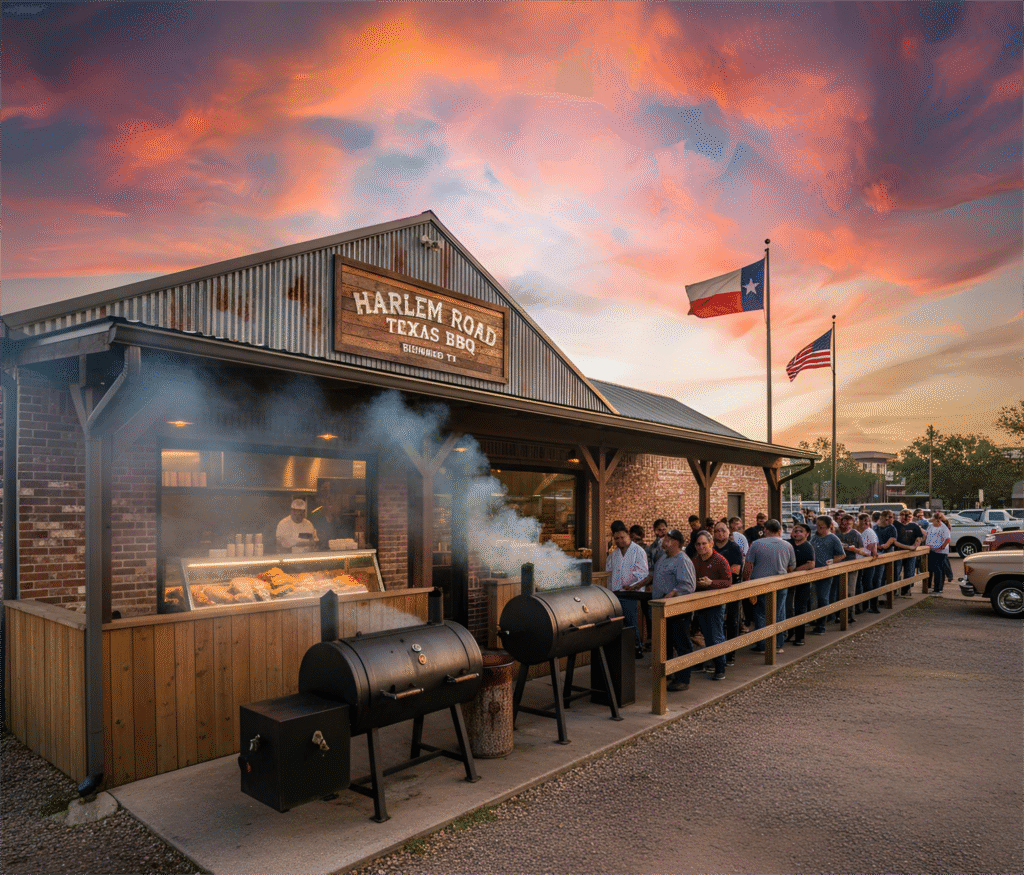
Cuisine: Texas BBQ
Barbecue is religion in Texas. The sacred trinity of brisket, ribs, and sausage is sacrosanct, and pitmasters are its high priests. For many years, this divine culinary tradition was out of bounds for Muslims who adhere to a Zabiha diet. All that changed when Ara Malekian, an Armenian-Lebanese chef, turned on his specially built smoker in Richmond, Houston’s suburbs. The result is Harlem Road Texas BBQ, a place that has not only mastered the art of Texas barbecue but has done so with 100% halal meat, changing the game for an entire community.
Malekian is a classically trained chef, and his fine-dining background is evident in his meticulous approach. He employs prime-grade, halal-accord beef, smokes it low-and-slow for as much as 18 hours over post oak wood, and spices it with nothing but salt, pepper, and a lifetime’s enthusiasm. The brisket is legendary: dark, peppery bark yielding to succulent, melt-in-your-mouth interior with a perfectly turned fat cap. The colossal beef ribs are tender and pull cleanly from the bone, a Flintstonian feast of flavor.
What makes Harlem Road special is its seamless fusion of cultures. Alongside the classic Texas sides, you’ll find subtle nods to Malekian’s heritage, like the Mediterranean-spiced potato salad or the occasional special of smoked lamb. Harlem Road Texas BBQ is a testament to the American dream, showing that a beloved regional tradition can be reimagined through a different cultural perspective without sacrificing an ounce of its soul. It’s not only good halal BBQ; it’s good Texas BBQ, period.
Must-Try Dishes: The Brisket, Beef Ribs, Jalapeño Cheddar Sausage.
3. Zareen’s – Palo Alto, California
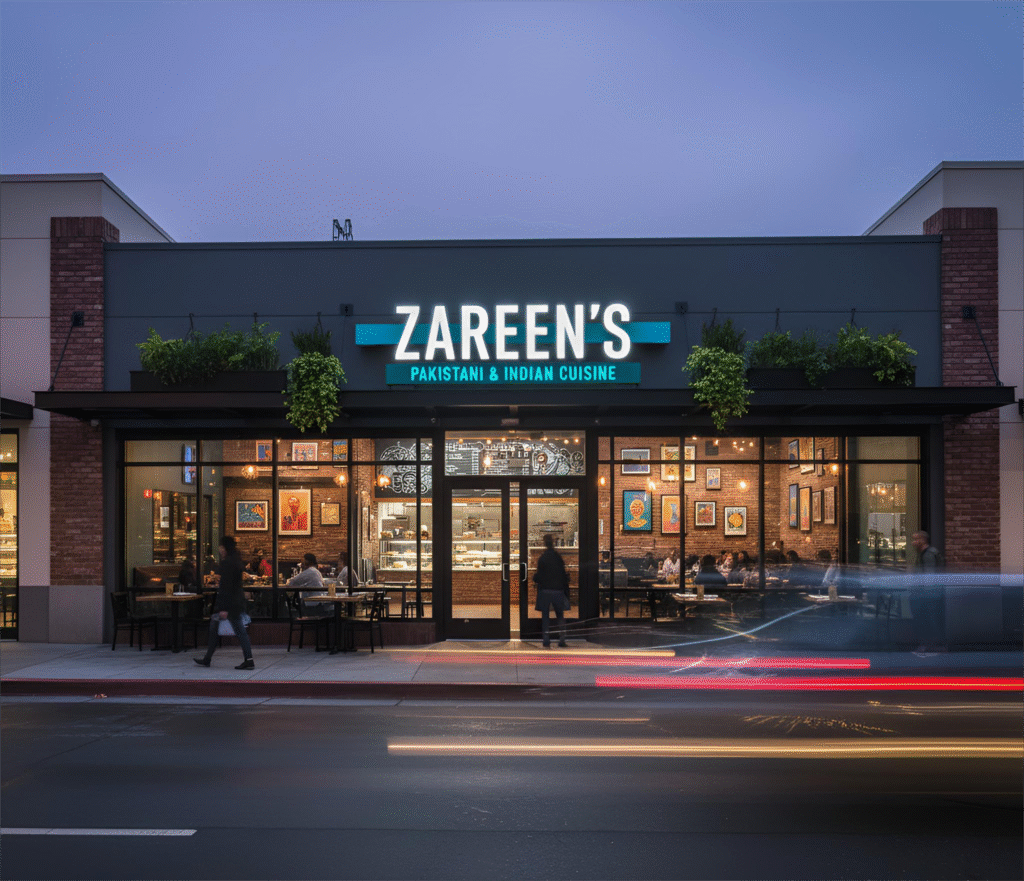
Cuisine: Pakistani & Indian
Huddled in the center of Silicon Valley, where the currency of the kingdom is innovation, Zareen’s is changing the face of South Asian food. This isn’t your average curry joint. From the small home-based catering operation launched by Zareen Khan, it has grown into a trifecta of vibrant, Michelin-recommended restaurants that are as favorite among tech bosses as among neighborhood families.
Zareen’s provides a “fast-fine” dining experience, balancing the speed and informality of a casual restaurant with the quality and sophistication of an upscale restaurant. The atmosphere is eclectic and contemporary, with Pakistani pop art and vibrant murals. The menu is a homage to the foods Khan enjoyed as a child in Karachi, Pakistan, all prepared from scratch with fresh, local ingredients and, most importantly, all halal.
The Chicken Tikka Masala is creamy and rich, a very far cry from the boring renditions that can be found elsewhere. The Memoni Chicken Biryani is spiced and scented just right, a weekend staple that commands lines around the block. But the real stars of the show are the smaller, more subtle dishes. The Gola Kababs are unimaginably tender ground beef kababs that melt in the mouth, and the naan bread is freshly baked to order in a classic tandoor and presented at your table puffed and steaming hot. Zareen’s is the new vanguard of halal cuisine: urbane, inviting, and unashamedly authentic, demonstrating that classic flavors belong at the center of contemporary American food culture.
Must-Try Dishes: Memoni Chicken Biryani, Gola Kabab, Garlic Naan, Chicken Tikka Masala.
4. The Halal Guys – New York City, New York
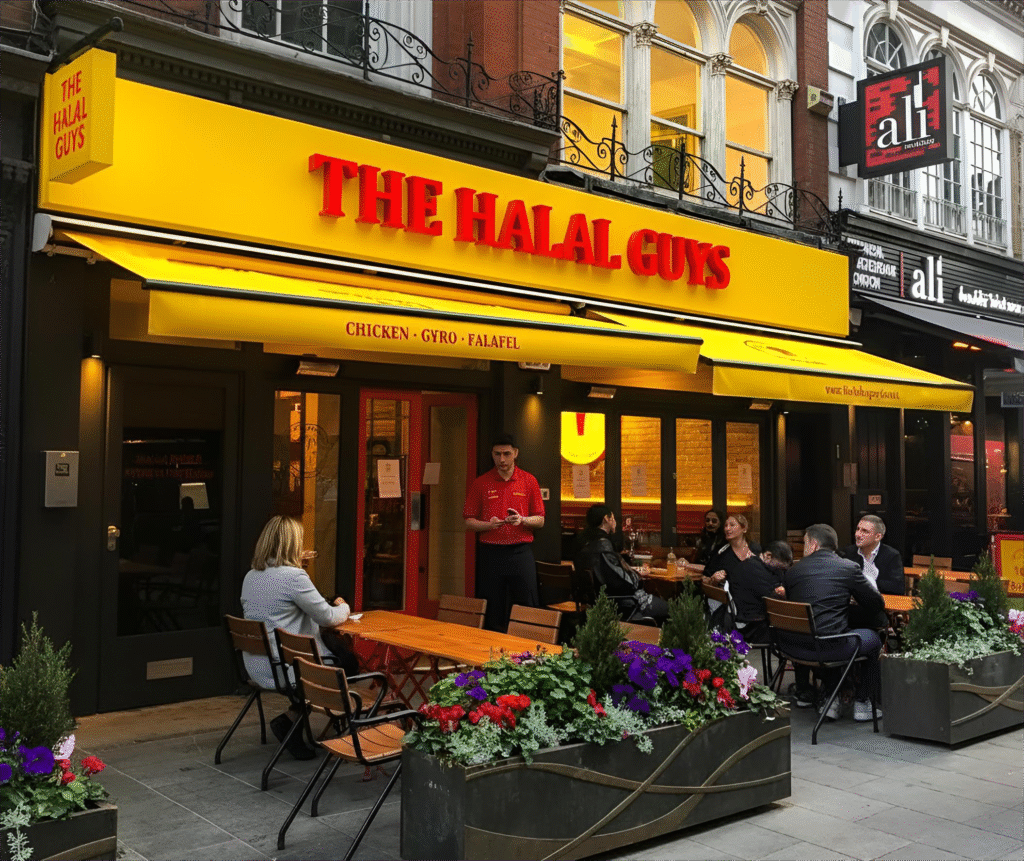
Cuisine: American Halal Street Food
Any list of the powerful halal spots in America would not be complete without giving tribute to the kings, the original ones: The Halal Guys. What started in 1990 as a modest hot dog stand on the corner of 53rd & 6th in Manhattan has grown into an international phenomenon and the uncontested symbol of American halal street food. For New Yorkers and tourists alike, their foil platters of chicken or gyro over rice, topped with their notoriously addictive and enigmatic white sauce, is a classic Big Apple experience.
The Halal Guys’ charm lies in its simplicity and consistency. The menu is notoriously bare: chicken, gyro (a seasoned loaf of beef), or combination, served on a platter with rice, lettuce, and pita, or as a sandwich. It’s simple to choose, but the flavor is deep. The meat is shredded and seared on the griddle, long-grain rice is yellow as sunshine, and the sauces are legendary. The rich, sour white sauce and the cripplingly spicy red sauce are the secret ingredients that transform the dish into street food that becomes a gourmet fixation.
Though they are now a huge franchise, the original cart remains, getting thousands of customers through its doors daily with impressive ease. The legacy of Halal Guys cannot be measured. They didn’t build just a successful business; they built a new category of American food. They popularized “halal” and opened the doors for hundreds of other business owners, showing that a humble cart, a secret sauce, and attention to detail could create an empire.
Must-Try Dishes: Combo Platter (extra white sauce and a small red sauce).
5. BK Jani – Brooklyn, New York
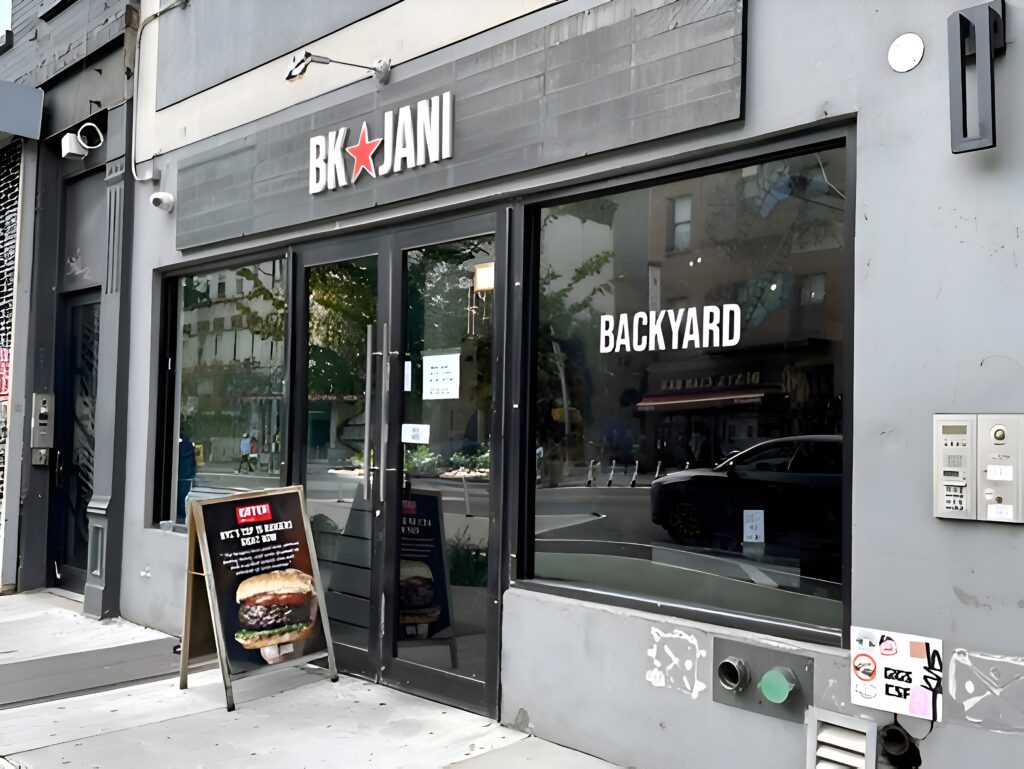
Cuisine: Pakistani BBQ & Burgers
A few miles and a world removed from the midtown chaos of The Halal Guys is BK Jani, a shining example of the new crop of hip, chef-owned halal eateries. Situated in trendy Williamsburg, Brooklyn, BK Jani belongs to Sibte Hassan, who has taken the hearty, smoky flavor of Pakistani barbecue and married it with the American fixation on the ultimate burger.
The atmosphere is hip and minimalist, with a big backyard patio that’s about as close to an oasis in the middle of the city as it gets. The real winner here is “The Jani” burger. It’s no ordinary patty. It’s a dense, handmade patty of Zabiha Halal beef flavored with a special mix of Pakistani spices, grilled on charcoal, and finished with a spicy mint chutney and grilled tomatoes, all served inside a toasted brioche bun. It’s a bomb of flavors—juicy, spicy, smoky, and all its own. It’s an American-style burger that pays homage to its form but singing with the spirit of Lahore.
Aside from the burger, the menu includes fantastic classic barbecue. The Seekh Kababs are delicious and just right for the seasonings, and the lamb chops grilled are soft and flame-kissed. BK Jani’s secret to success is its genius combination of two culinary traditions. It’s a restaurant where you can indulge in a world-class burger and real Pakistani kababs within the same meal, which makes it a haven for all foodies.
Must-Try Dishes: The Jani Burger, Seekh Kabab, Lamb Chops.
6. Ghareeb Nawaz – Chicago, Illinois
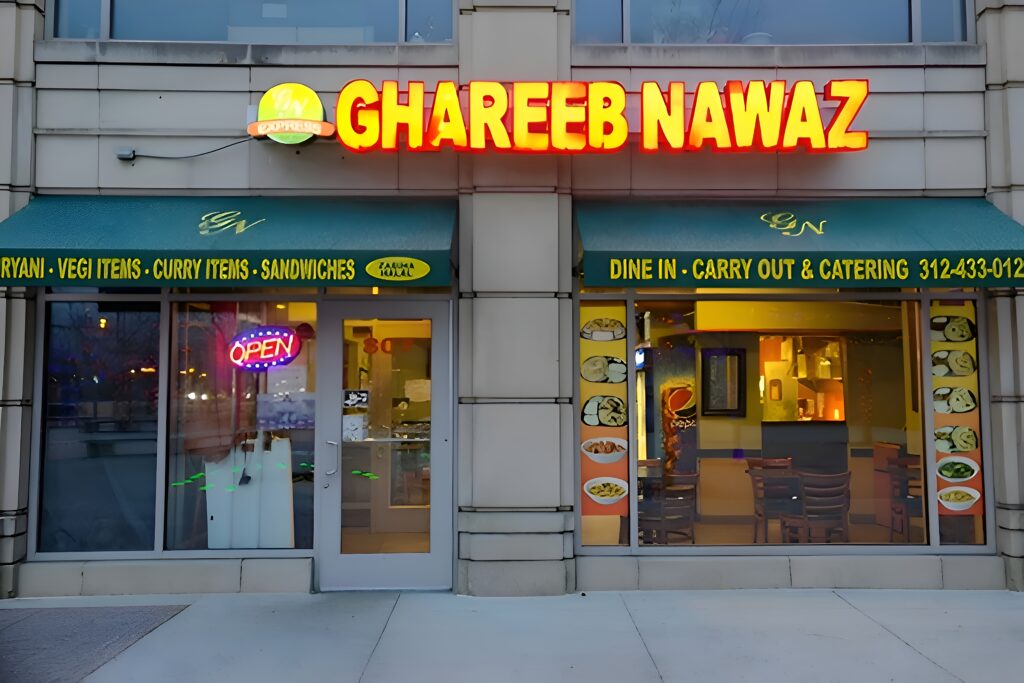
Cuisine: Indian & Pakistani
In a city known for its deep-dish pizza and high-end gastronomy, one of the most beloved culinary institutions is an unassuming, cash-only joint on Devon Avenue called Ghareeb Nawaz. The name translates to “Benefactor of the Poor,” and for over two decades, it has lived up to its name, serving massive portions of delicious, authentic Indian and Pakistani food at astonishingly low prices.
Ghareeb Nawaz is the archetypal neighborhood gathering place. Its plain but clean dining area is a cornucopia of Chicago, filled every hour with taxi drivers, university students, families, and adventurous eaters. The menu is extensive, written on boards above the counter, with a dizzying number of biryanis, curries, parathas, and kababs. All is made fresh in-house, and all is halal.
The star dishes are the Biryanis—pyramids of scented basmati rice and tender flesh, two meals for less than ten dollars. The Chili Chicken Paratha is another: a caky, layered pastry filled with a fiery chicken and pepper stir-fry. This is not dainty, delicate fare. This is big, rich, and deeply comforting soul food. Ghareeb Nawaz is an institution, a restaurant founded on the mission of nourishing the community with dignity, with generosity, and with incredible taste. It embodies the backbone of American halal dining—unassuming, necessary, and always delectable.
Dishes to Try: Any of the Biryanis, Chili Chicken Paratha, Shami Kabab.
7. Afro Deli & Grill – Minneapolis, Minnesota
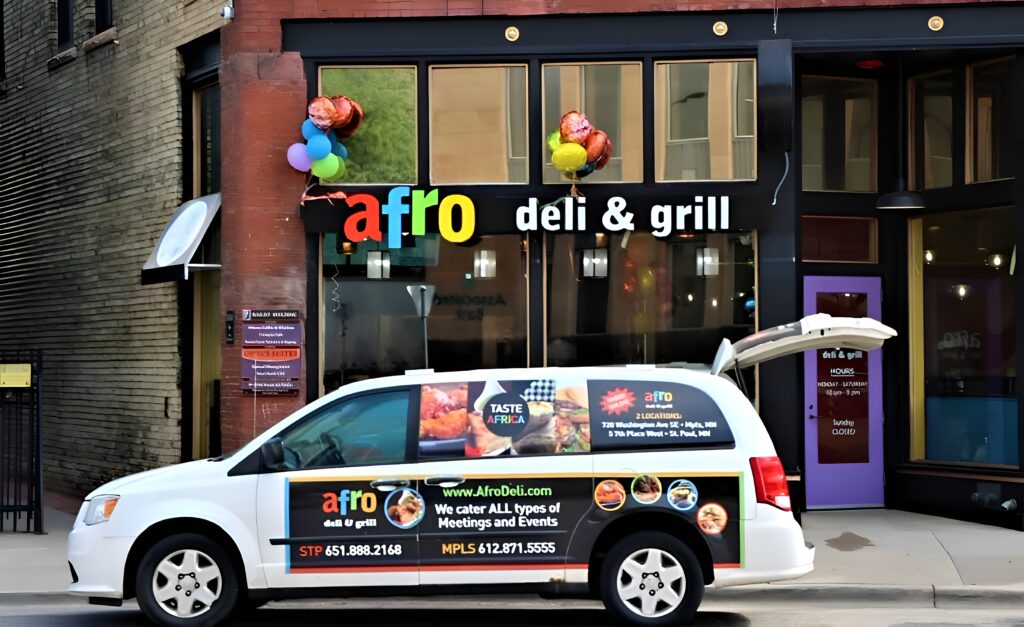
Cuisine: African & Mediterranean Fusion
Minneapolis boasts the largest Somali-American population in the country, and Afro Deli & Grill is its thriving epicenter of cuisine. Established by entrepreneur and chef Abdirahman Kahin, Afro Deli aims to share the rich, varied flavors of Africa with more people in a new, contemporary, and open format.
The idea is genius: a combination of authentic African cuisine with popular American styles such as sandwiches, salads, and wraps. The effect is a menu that is both thrillingly new and reassuringly familiar. The house specialty, the Somali Steak Sandwich, is a case in point. Shreds of beef are marinated in a mix of Somali spices, grilled with peppers and onions, and placed on focaccia bread. It’s meaty, slightly sweet, and very satisfying.
The menu spans the continent and into the Mediterranean. There are rich chicken cuisines, and salt-of-the-earth sambusas (the East African cousin of the samosa), and a stand-out Chicken Fantastic, cubed chicken in a spicy, creamy sauce. The dedication to community is clear. Afro Deli is like a “Dine for a Cause” restaurant, giving a portion of its profits and feeding the hungry. It is a shining reflection of the way food can serve as a cultural bridge and a potent force for community formation.
Must-Try Dishes: Somali Steak Sandwich, Chicken Fantastic, Sambusas, Afro Steak Dinner.
8. The Afghan Grill – Falls Church, Virginia
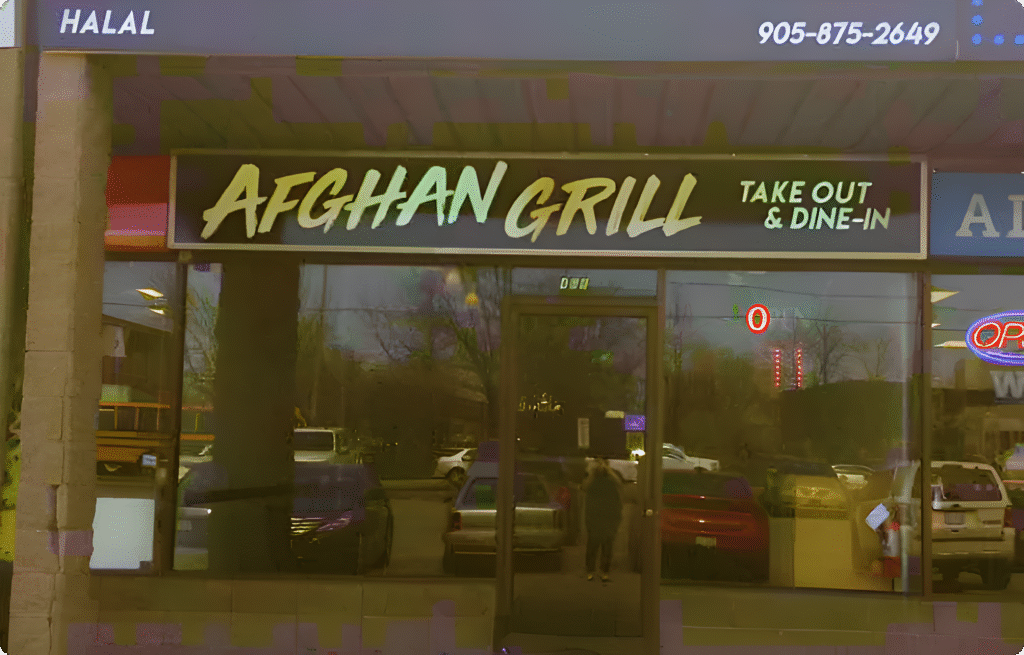
Cuisine: Afghan
In Washington, D.C.’s busiest suburbs, an area of high concentration of Afghan-Americans, The Afghan Grill is remarkable in its unyielding devotion to the genuine flavors of Afghanistan. For most, the cuisine of Afghanistan is a wonderful revelation, a special place of culinary history with influences drawn from Persia, India, and Central Asia. It is a cuisine widely acclaimed for its skillful utilization of rice, flavorful dumplings, and amazingly grilled meats.
The Afghan Grill does everything well. The décor is plain and family-style, allowing the food to take center stage. The meal has to start with Kabuli Pulao, Afghanistan’s national dish. It’s a work of art in rice cooking: slow-cooked long-grain basmati rice in a rich meat broth topped with a sweet and savory assortment of caramelized carrots, raisins, and fall-off-the-bone pieces of lamb shank.
The kababs are the star of the show, with marinated chicken, beef, and lamb cooked on an open flame until tender and aromatic. The other must-try dish is the Mantu, or the delicate ground beef and onion-filled dumplings that are steamed and then topped with a garlicky yogurt sauce and a rich lentil or split-pea sauce. The Afghan Grill provides a dining tour of a rich, ancient food heritage, all cooked strictly to halal standards, and a proud and tasty embassy for Afghan food.
Must-Try Dishes: Kabuli Pulao with Lamb Shank, Mantu, Assorted Kababs.
9. Fatima’s Halal Kitchen – Paterson, New Jersey
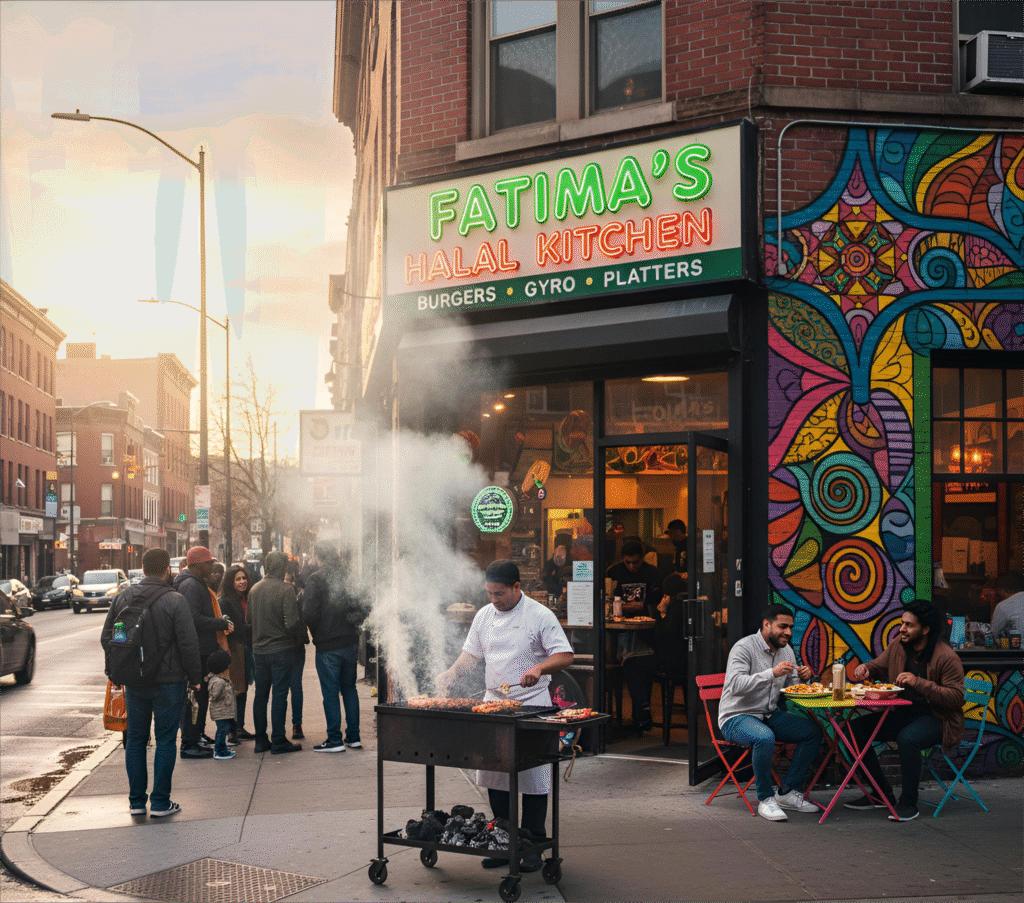
Cuisine: Dominican-American Fusion
Maybe no restaurant here better illustrates the gorgeous, surprising combinations occurring in American halal cooking than Fatima’s Halal Kitchen in Paterson, New Jersey. That’s where the bright, sun-kissed tastes of the Dominican Republic intermingle with the traditions of halal cooking and something really new and interesting results.
Paterson is a city of vast diversity, and Fatima’s serves a young, multicultural clientele which was raised in both Latin-Caribbean and Muslim cultures. The menu takes well-known Dominican street food items and makes them 100% halal. The headliner is the Chimi Burger. The classic Dominican chimi is a spice-filled burger sandwich, and Fatima’s rendition substitutes the usual pork or non-halal beef with an expertly seasoned all-beef halal patty topped with shredded cabbage, onions, tomatoes, and a healthy dose of their signature pink sauce, all between a traditional pan de agua.
They also serve halal alternatives of other Dominican staples such as patacones (fried plantain sandwiches) and quipes (a Dominican variation of kibbeh). Fatima’s is not merely a restaurant; it’s a cultural declaration. It shows how halal is not an impossibly limiting culinary edge but a platform from which new and tasty identities can be constructed. It’s the future of halal in America—hyper-local, culturally malleable, and amazingly delicious.
Must-Try Dishes: Halal Chimi Burger, Chicken Patacon, Beef Quipes.
10. Al-Noor Restaurant – Lawndale, California
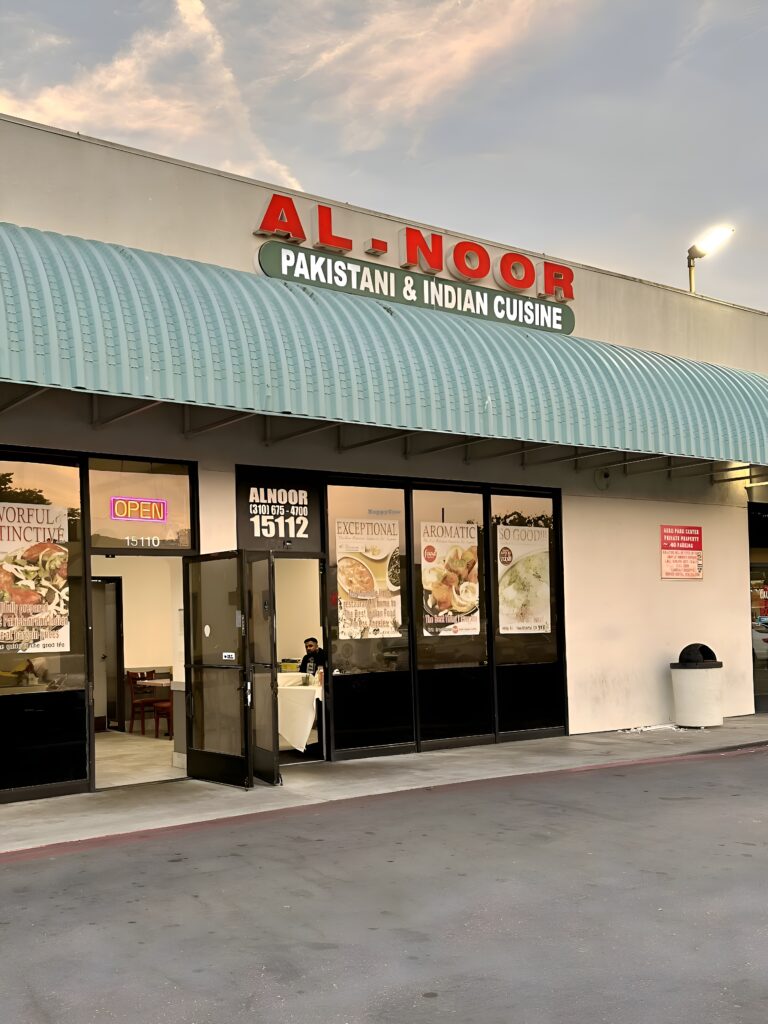
Cuisine: Pakistani & Indian
For more than twenty years, in a modest, no-nonsense space just outside LAX, Al-Noor has been dispensing what many gourmets regard as the most genuine and deeply flavored Pakistani cuisine in Southern California. Al-Noor is anti-trendy. There’s no frilly decor, no fussy plating. There’s just an obsessive commitment to the food, made with the sort of depth of flavor only time-tried family recipes can provide.
The waiting line of devoted customers, which tends to line up around the corner, is a testament to its excellence. The heart of the kitchen is the Karahi, a wok-like pan in which much of their signature fare is prepared to order on a high heat. The Chicken Tikka Masala here is legendary—not the sweet, creamy version often found in Western restaurants, but a spicier, more complex, and deeply savory iteration that is utterly addictive. The Nihari, a slow-cooked beef stew, is rich and gelatinous, spiced with a secret blend of herbs and spices that has been passed down through generations.
Each course, from the brain masala to the goat karahi, is an uncompromising statement of Pakistani food tradition. The naan is freshly baked, fluffy, and hot from the tandoor, the ideal scoop for pulling every last morsel of sauce. Al-Noor is a culinary pilgrimage point for South Asian food lovers, a reminder that in the culinary world, substance will always conquer style.
Must-try dishes: Chicken Tikka Masala, Nihari, Goat Karahi, Garlic Naan.
The Table is Set for the Future
From a Michelin-starred Pakistani cafe in the heart of Silicon Valley to a Dominican fusion restaurant in New Jersey, halal dining in America has never been more diverse and vibrant. These ten restaurants are only a small sampling of a movement that is sweeping the country. They prove that halal cuisine is not monolithic; it is a multifaceted tapestry constructed from a myriad of cultures, customs, and individual experiences.
The owners and chefs who run these restaurants are not merely nourishing their communities; they are breaking down barriers, defying stereotypes, and enriching the overall American gastronomic landscape. They are demonstrating that you can fulfill ancient dietary mandates while embracing new age innovation, and that faith can be a fertile ground for creativity. The table is set, the menu is growing, and the future of halal food in America has never been brighter.
Conclusion: A More Full-Bodied American Plate
Our gastronomic odyssey, from Palo Alto’s Michelin-acclaimed curries to Paterson’s Dominican-style burgers, creates a rich and indubitable portrait: the American halal food movement has reached its golden age. It has successfully crossed over from the orbit of mere necessity to become a vibrant and integral strand in the country’s rich gastronomic brocade. The Muslim consumer’s query is no longer “Where can we eat?” but now, “What incredible dining adventure will we experience tonight?”
The classic street cart, the original hallmark of halal in America, is now the proud ancestor of a family so diverse and thriving. Its reputation is not served by imitation, but by the limitless creativity it generated. The ten businesses we’ve emphasized are not merely restaurants; they are gastronomic embassies, community centers, and flavor laboratories. They show that scrupulous observance of halal tenets is a restriction only in theory, but in practice, it is the bedrock of imagination. It’s the Texas barbecue mastermind carefully smoking a halal brisket, the Somali food master creating a fusion sandwich that all Minnesotans love, and the Lebanese family eatery receiving top honors in American cuisine. This is the tale of integration and contribution, in which immigrant traditions are not only maintained but are actually informing and enriching the definition of American food.
As we move forward, the path is set. A new generation of entrepreneurs, chefs, and sophisticated eaters, both Muslim and non-Muslim, are propelling demand for higher quality and variety. The fusions will be bolder, regional specialties more distinct, and the debate about what is “American food” will be richer.
So this list is not a conclusion, but an invitation. It is an appeal to see beyond the familiar, to discover these culinary trailblazers in your own neighborhoods, and to sample the tales they have to tell. For in every well-seasoned kabab, every mouthwatering slice of brisket, and every game-changing platter, you will find more than a tasty dish. You will discover the vibrant, changing, and tasty future of America itself.
For more like this : Hilalinfohub
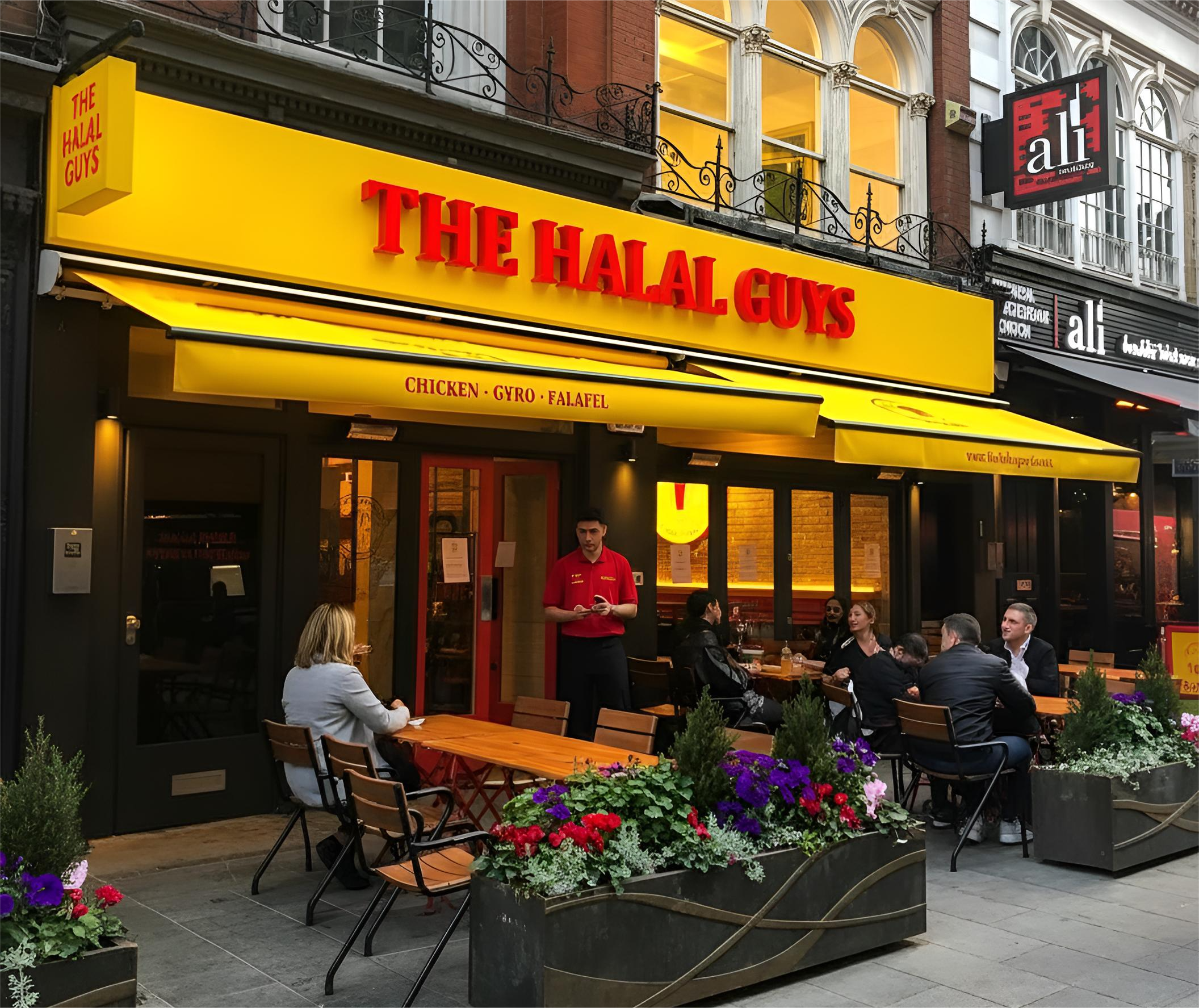
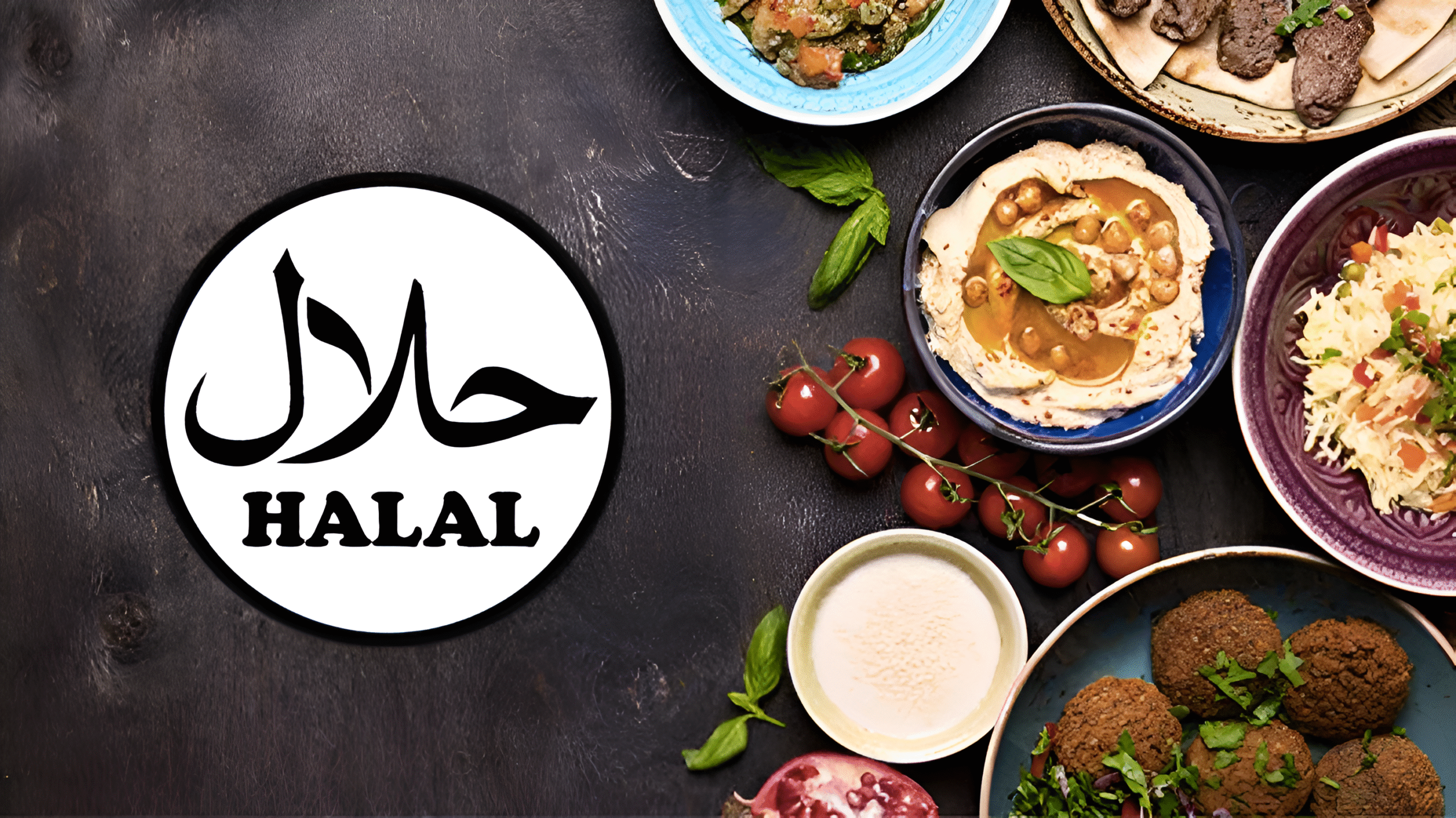
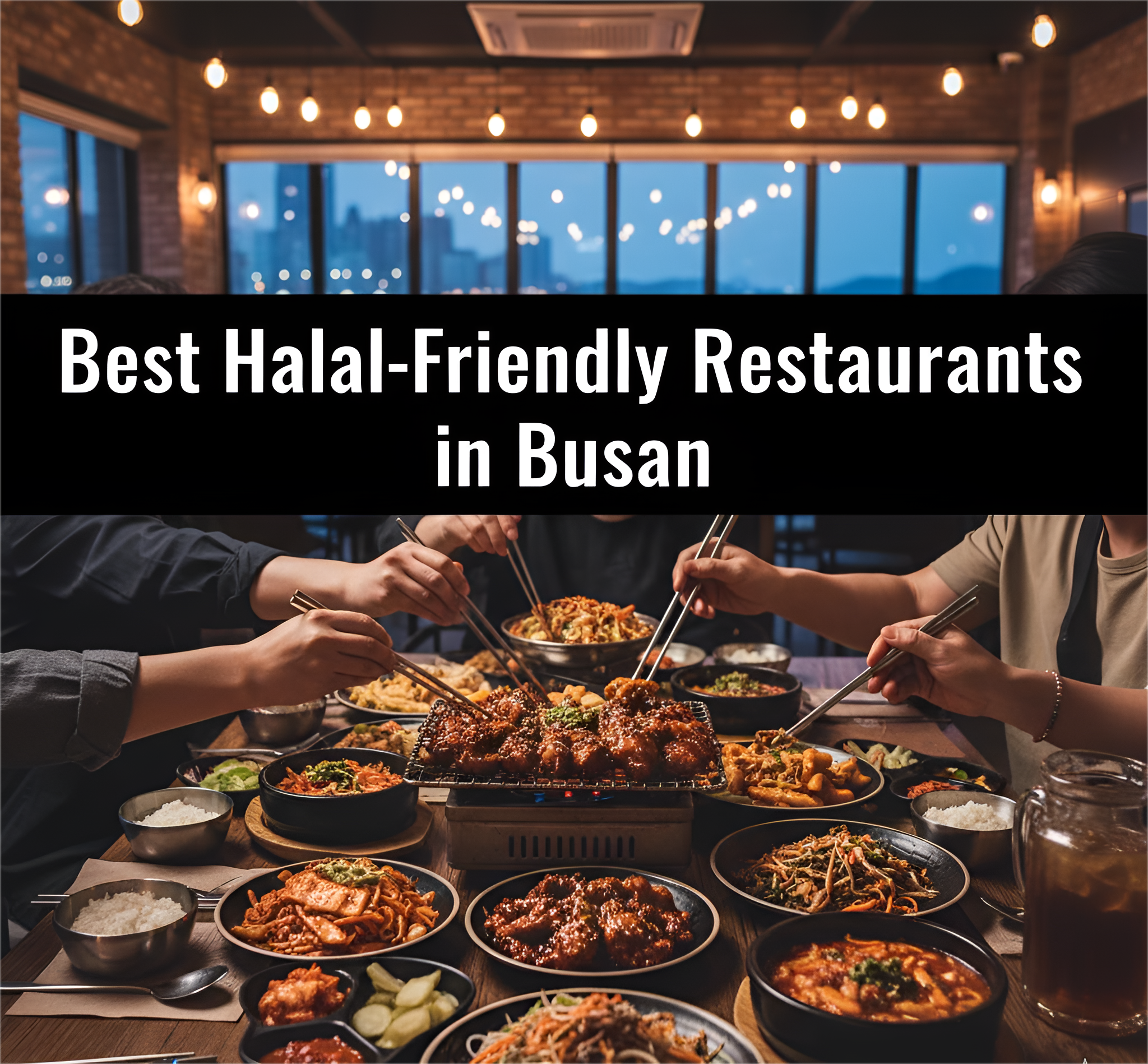
Post Comment